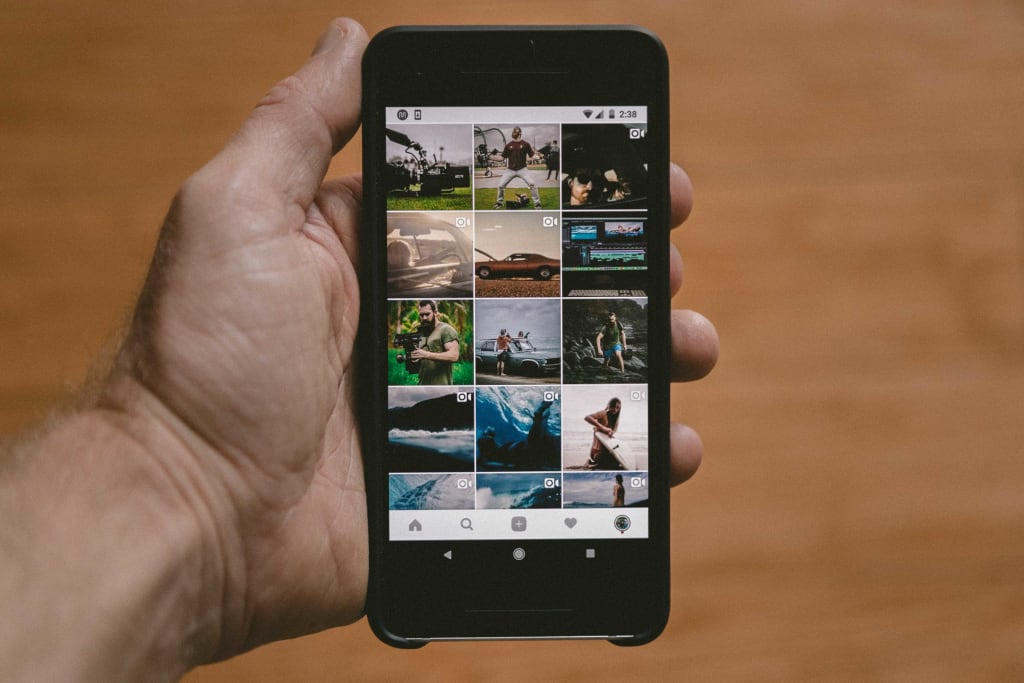Don't Always Believe What You Hear
The Dangers Of Influencer Culture

I saw a NYT article that talked about the "Fitfluencer" industry.
For those who don't know, there are a large amount of Fitness Influencers that are on social media.
On Instagram alone, there are 50,000 of them.
But this is what was interesting -
Research was done on the advice of the Top 100 Fitfluencers to see if their advice was any good.
They found that nearly 2/3 of those Fitfluencers lacked any sound advice and posted messages that NEGATIVELY impacted their followers, both Mentally AND Physically.
Here's what makes it worse - if those were just the Top 100, how many more of the other 49,900 are also giving terrible information?
If I had to guess, it would be 80%+ of them, and those would also be the loudest voices.
This is why I always do my own research before I follow any "advice", ESPECIALLY when it is being adopted by the masses.
Unfortunately, people have a tendency to believe far too much than they should, and it is NOT their fault.
Extremely talented marketers and skewed scientific research has made it more difficult to trust anything you hear.
A great example of this in the fitness industry that I've always loved comes from Nike actually.
They recently released a shoe that in their marketing claimed to reduce running injuries by 200% compared to the leading competitive shoe.
The marketing didn't give any more specific details than this, but when you looked at the actual scientific research, it had some very troubling information in it.
The "competitive shoe" in question was actually THEIR own shoe, not another brand's shoe.
The study also was only held over a 6-week period, which really is an EXTREMELY short period of time to gain any good scientific information.
However, the MOST troubling thing was HOW MANY people got injured in that short period of time!
In ONLY 6 weeks, their second-best shoe injured 85% of participants, and their best "new" shoe injured 70% of people.
The marketing was "technically" correct - 30% uninjured is indeed twice as few injuries as 15% uninjured.
However, if you went to a restaurant and you got sick going there 70% of the time, would you still go?
The wise person obviously wouldn't, but the marketing and "research conclusions" makes it sound like you should.
The truth is, there are stories like this in EVERY industry, not just the Fitness industry.
For instance, Leadership Development has an 80% failure rate.
Yet, everyone will always tell you that you NEED to get Leadership Development.
Sure, making better Leaders is needed, but if you completely waste 80% of your money (it is more than that because the other 20% only has "partial" success), is it actually a good investment?
What happens in all of these industries, including Fitness and Leadership Development, is that there is REALLY good marketing and they get "known" for something.
When they get known, everyone hails them as the next "big deal", someone that EVERYONE needs to listen to.
But then, the advice given doesn't work for most people, or worse it works for a short period of time before things get SIGNIFICANTLY worse, and the truth is that it never will help people.
Why?
Because none of the information is validated by science or the truth, it's a large marketing hype mixed with a "winners bias".
The hype makes it seem that "if it works for SO many people, but doesn't for me, then there must be something wrong with me!"
However, it's not true - it isn't working for most people, and you are only seeing a small (often minuscule) level of success from a short-term and EXTREMELY biased audience.
This ends up becoming the danger of "influencer" culture.
Someone hears something, from somewhere unknown, say something without any solid proof or scientific backing, and it spreads like wildfire.
Then, so many people hear the same things, from so many "sources", that they believe it "must" be true.
Further, mix this with the fact that social media algorithms reward influencers for "jumping on trends", and aren't held responsible for checking validity, it becomes problematic quickly.
Not to mention that huge amounts of influencers are "bought" and told to push products or services simply because they are earning money for simply doing it without asking questions.
My advice to you, look for the truth, find the research, and don't follow any trends that you see.
If there is someone making claims, you should ask them to see their sources.
If they are good, they will tell you exactly where they got their information from and will likely help you understand it if you ask.
Seek the truth, and don't fall prey to the broken culture we live in.
About the Creator
Cody Dakota Wooten, C.B.C.
Creator of the Multi-Award-Winning Category "Legendary Leadership" | Faith, Family, Freedom, Future | The Legendary Leadership Coach, Digital Writer (500+ Articles), & Speaker
Enjoyed the story? Support the Creator.
Subscribe for free to receive all their stories in your feed. You could also pledge your support or give them a one-off tip, letting them know you appreciate their work.






Comments
There are no comments for this story
Be the first to respond and start the conversation.